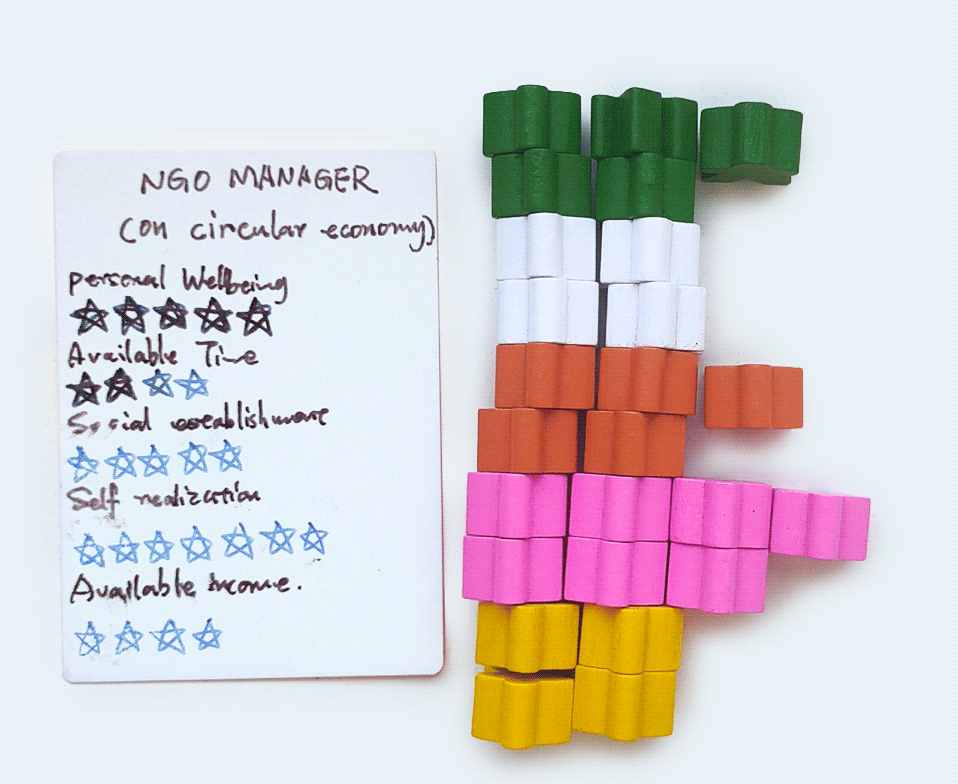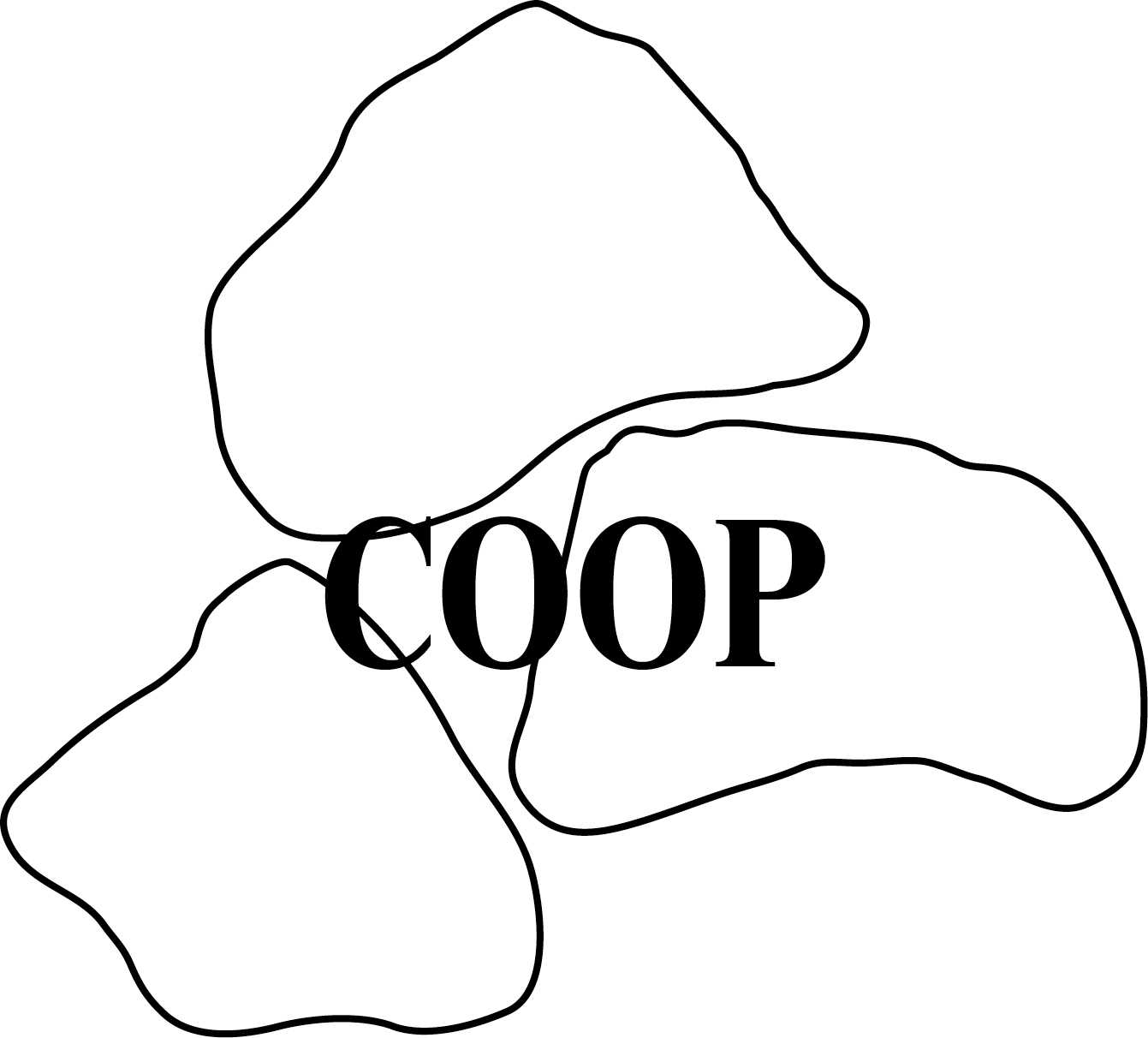2022-2023 COOP study group ~ Long Time No See: Forming a new art economy of the commons
Tutor team:
Guests:
Partner:
Casco Art Institute: Working for the Commons
Student participants:
David Přílučík, Iliada Charalampous, Lena Pfäffli, Lucas Lugarinho Braga, Max*ine Vajt, Orestis Giannoulis, Rex Collins, Tereza Dvořáková, Valeria Moro, Zuzana-Markéta Macková
Student led reflection:
Introduction to the program:
This COOP study group will be based on the Commons•Art, a project that embarked its journey somewhere this year, if not earlier.
The Commons•Art project is inspired by a paradox: although social awareness and change are necessary, participation in socially engaged art is almost exclusively possible in a closed economy called “the art world”; A world that is driven by distinctive artists and constantly new productions. This structural short-lived circle of the economy makes it impossible for socially engaged art to deliver their promise to society, and puts the art world itself in a questionable position, especially in the face of ecological crisis and climate change.
In our initial analysis, we identify six key roles in the typical model of European art ecology: policy makers, funders, institutions, artists, communities, and the non-human assemblies. The typical relationships among these actors can be categorically understood as ‘top-down’, with all the best hope that funding for socially engaged art can find alternatives to reorganise the social relationships among humans and with non-humans. However, the relationships between the artists and the public of interests often break, as the showing art works are often either short-lived or in-genuine under the spell of ‘making a good show’. We believe this is a systematic inadequacy that urgently needs to redesign with all the roles and stakeholders.
To shift the paradigm of the art economy from ‘showing’ to ‘living’, from the productivist to the care and maintenance (re/productive), this study proposes the economy of maintenance: just as we maintain our own house on an everyday basis, the house changes with us and grows with us. Imagine a piece of socially-engaged art would be that house, and us being the artists and the public of interest, how would this economy look like, and what kind of technical and financial support it would need?
The Art of Commoning
This COOP will critically examine how art works, especially art that involves different participants and players as well as a particular context, while learning the necessary skill and thinking in system design, game design, and alternative economy design, for forming a more horizontal, dynamic and sustainable art economy.
The first half of the study will follow along with the on-going research and analysis of Commons•Art, mapping out the actors of the contemporary art ecosystem and exploring new ways of engaging among them through the lens of the maintenance economy. We will do LARPing exercises, mapping the art ecosystem, making recipes of socially-engaged art and “cooking” them.
The second half will be based on the Commons•Art game. A multiplayer role-playing game based on our platform will be developed throughout the year, in which the art-world is incentivised to engage meaningfully with the public of interest on a long-term basis, to create a commons-oriented future and incentivising funders, artists and the wider community to engage with each other in the long-term. Connecting to the outcome of the first half of the COOP, we will rewrite the case studies into LARP scripts which can be replayed in the alternative future where the Commons•Art support system already exist.
In summary, the final output of this COOP study group will be several LARP scripts open to the public, in which people can have an embodied experience of how the maintenance economy works, what it means to shift the art economy from ‘the showing’ to ‘the living’ and what does it mean to create the commons through art.



